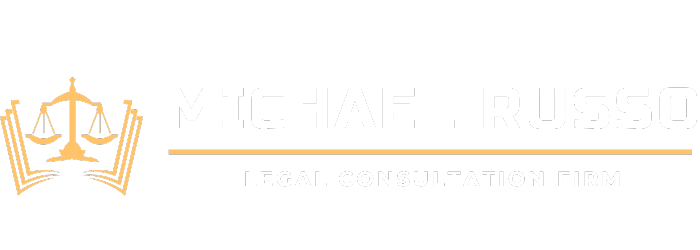Employment contracts are the foundation of a secure and professional workplace. A well-drafted employment contract protects both the employer and the employee by clearly defining rights, responsibilities, and expectations. Whether you are a small business owner or managing a large enterprise, having legally sound employment contracts can prevent disputes and safeguard your business from legal risks.
1. Why Employment Contracts Are Essential
Employment contracts are more than just paperwork—they establish a formal agreement between an employer and an employee. These contracts outline job roles, compensation, benefits, workplace policies, and termination procedures. By having a solid contract in place, businesses can prevent misunderstandings, ensure compliance with labor laws, and set clear expectations from day one.
2. Key Elements of a Strong Employment Contract
A well-crafted employment contract should include the following:
- Job Title and Description: Clearly define the employee’s role and responsibilities.
- Compensation and Benefits: Specify salary, bonuses, incentives, and benefits such as health insurance.
- Work Hours and Leave Policies: Outline working hours, overtime policies, and paid leave entitlements.
- Confidentiality and Non-Disclosure Agreements: Protect sensitive business information.
- Termination and Severance Conditions: Establish grounds for termination and any severance packages.
- Non-Compete and Non-Solicitation Clauses: Prevent employees from joining competitors or poaching clients.
3. How Employment Contracts Prevent Legal Disputes
Employment-related disputes can be costly and time-consuming. Contracts help minimize legal risks by ensuring that both parties understand their obligations. A solid contract protects businesses from wrongful termination claims, wage disputes, and breaches of confidentiality. If a disagreement arises, the contract serves as a legally binding document to resolve conflicts efficiently.
4. Customizing Contracts for Different Employment Types
Not all employees have the same roles, and contracts should reflect these differences. Businesses should draft specific agreements for:
- Full-Time Employees: Long-term contracts with fixed salaries and benefits.
- Part-Time Employees: Clearly defined working hours and compensation structure.
- Independent Contractors: Contracts emphasizing project-based work and tax responsibilities.
- Temporary Workers: Short-term agreements outlining employment duration and job scope.
5. Compliance with Employment Laws
Employment contracts must comply with labor laws and industry regulations. Failing to do so can lead to penalties, lawsuits, or regulatory action. Businesses must stay updated on employment laws related to wages, discrimination, workplace safety, and benefits to ensure their contracts are legally valid. Consulting a legal expert can help businesses remain compliant and avoid costly legal battles.
6. The Role of Confidentiality and Non-Compete Agreements
Confidentiality agreements prevent employees from sharing trade secrets, client lists, or other sensitive business information. Non-compete clauses restrict employees from working with direct competitors for a specified period after leaving the company. These provisions help businesses maintain a competitive edge while protecting proprietary information.
7. Handling Contract Modifications and Renewals
As business needs evolve, employment contracts may require updates or amendments. Employers should establish clear procedures for modifying contract terms, ensuring that changes are legally documented and agreed upon by both parties. Regular contract reviews help keep agreements aligned with company policies and legal requirements.
8. Resolving Disputes with Employment Contracts
If an employment dispute arises, a well-drafted contract provides a clear framework for resolution. Many contracts include dispute resolution clauses, specifying mediation or arbitration before pursuing legal action. This approach helps businesses resolve conflicts efficiently while avoiding costly litigation.
9. Protect Your Business with Professional Legal Guidance
Employment contracts are a vital tool for business success, but poorly drafted agreements can do more harm than good. Seeking legal advice when drafting or reviewing contracts ensures that they are fair, legally enforceable, and aligned with business objectives. By investing in solid employment contracts, businesses can protect themselves from legal risks and create a stable, professional work environment.







